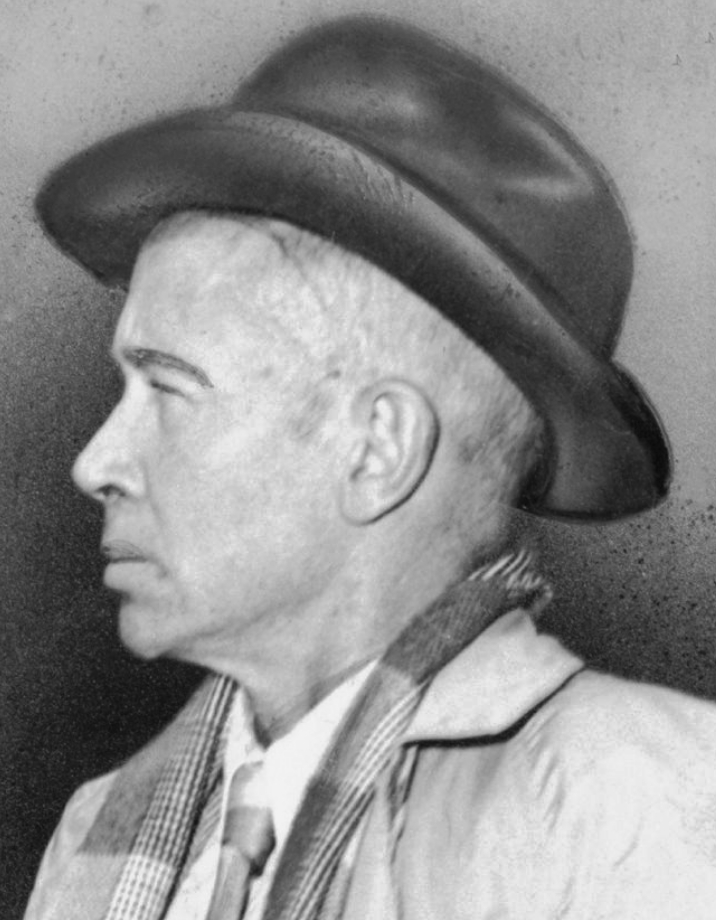On this date in 1894, Edward Estlin “E.E.” Cummings was born in Cambridge, Massachusetts. His father was a Unitarian minister and Harvard professor. Cummings graduated magna cum laude in Greek and English from Harvard in 1915 and earned his master’s there the following year. He volunteered to serve in France in 1917 as part of an ambulance group. He and a pacifist friend were falsely imprisoned for treason for four months in a French detention camp, which inspired his successful, anti-authoritarian novel The Enormous Room (1922).
His first book of poetry, Tulips and Chimneys (1923), was also a success. For many years Cummings’ work schedule involved painting in the afternoons and writing in the evenings. Although he wrote love poetry in some depth, he is known for his iconoclastic, satiric and playful attacks on the establishment, as well as for his use of the lower case, including the first two initials of his name.
Cummings was married three times; the third and last marriage was happy. Cummings was awarded the Guggenheim Fellowship in 1951. The collected edition of his works, Poems, 1923-54, was published in 1954. He was awarded the Bolingen Prize in 1958 and a two-year grant of $15,000 from the Ford Foundation in 1959.
He died of a stroke at age 67 at Memorial Hospital in North Conway, N.H. (D. 1962)
PHOTO: Cummings in 1953; photo by Walter Albertin.


